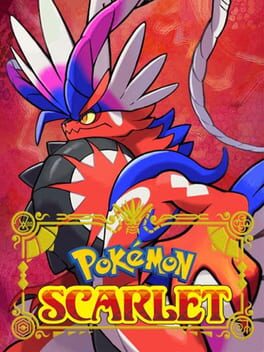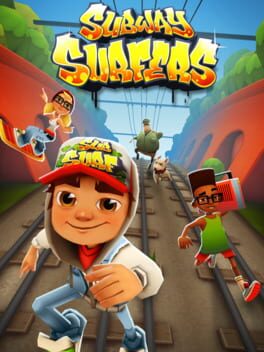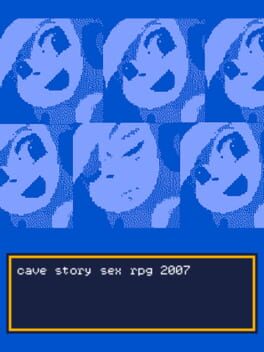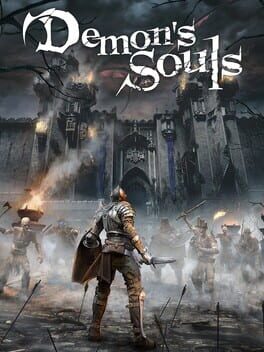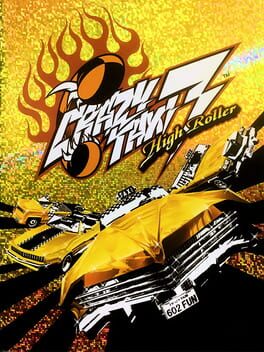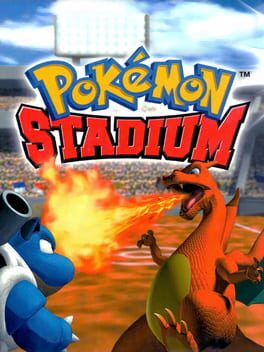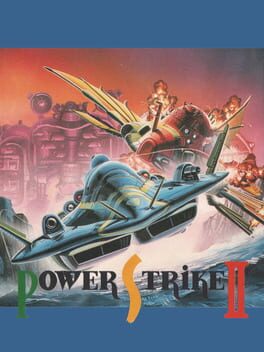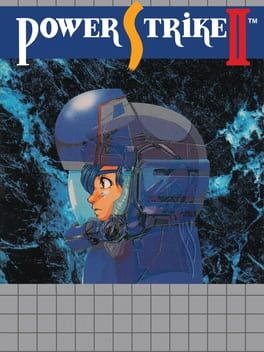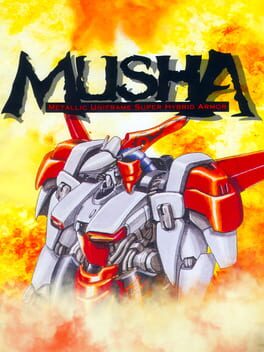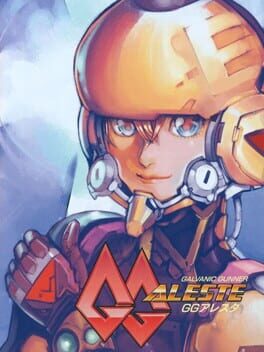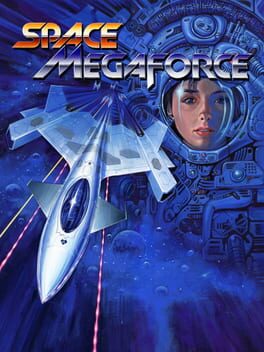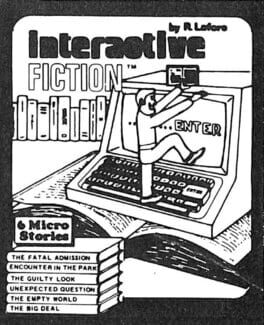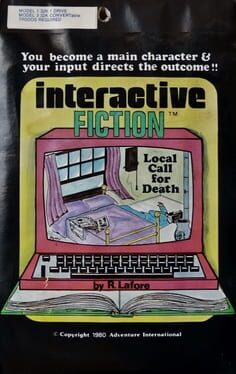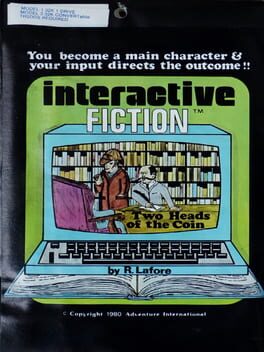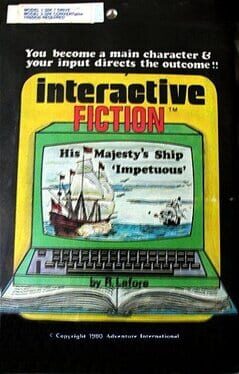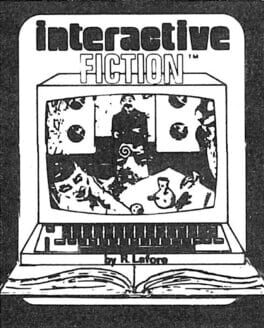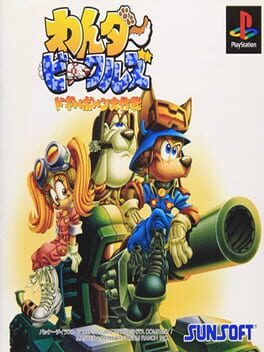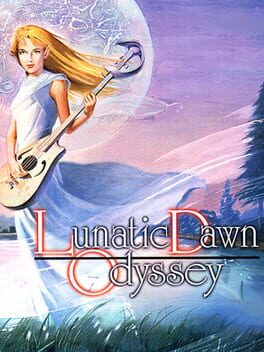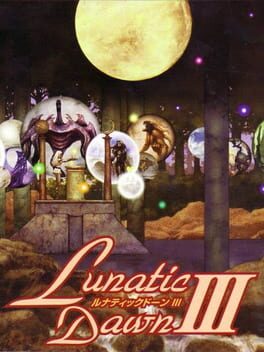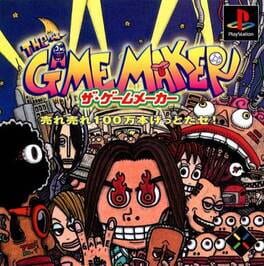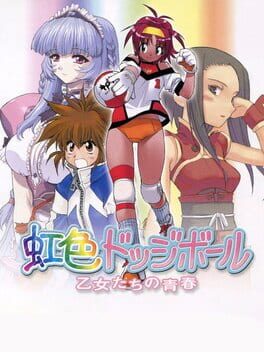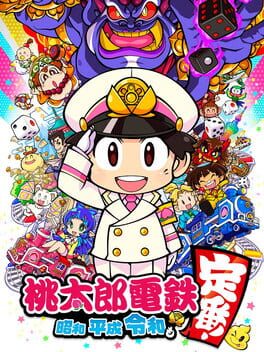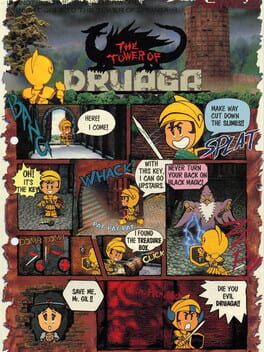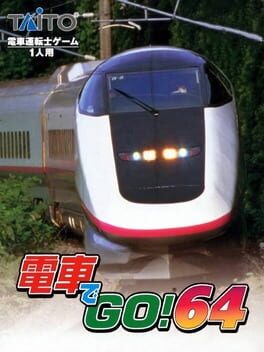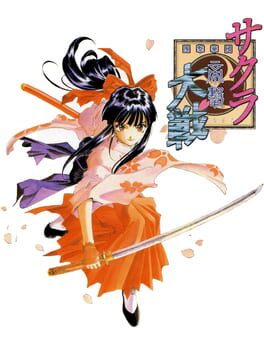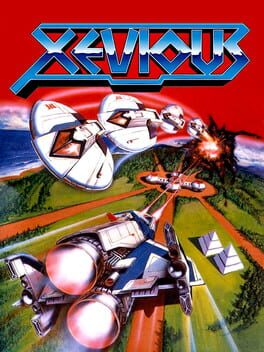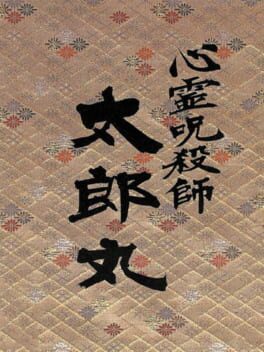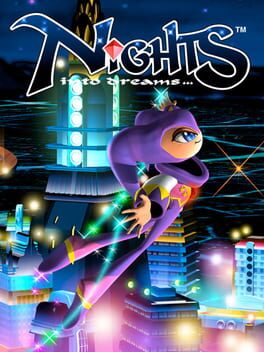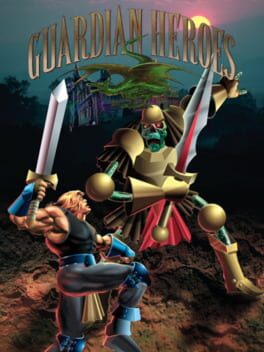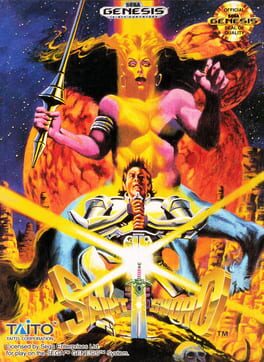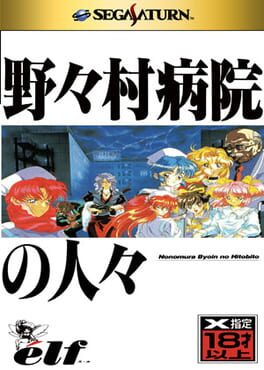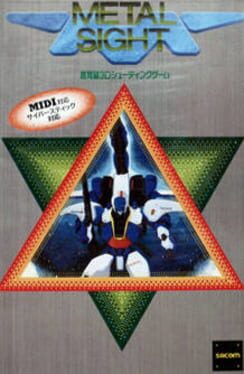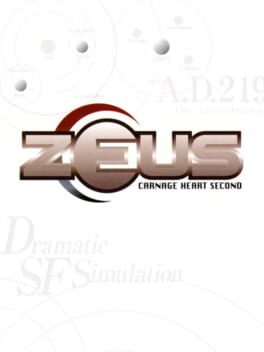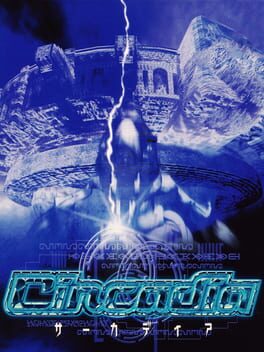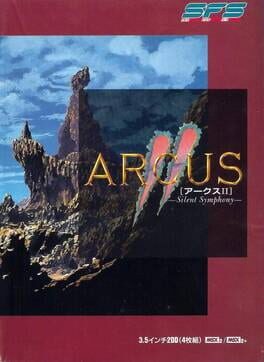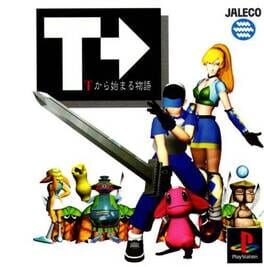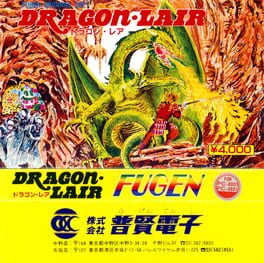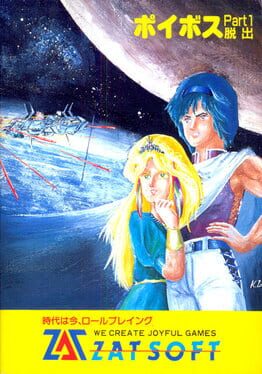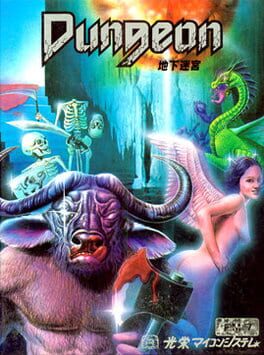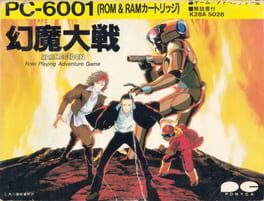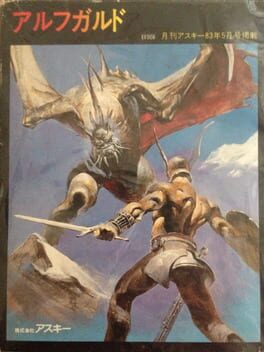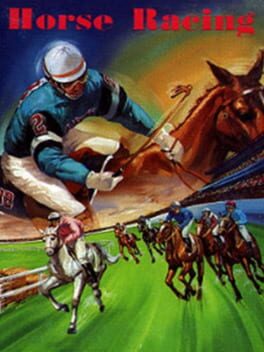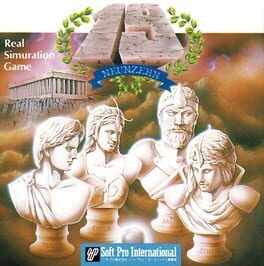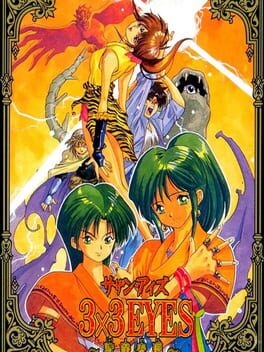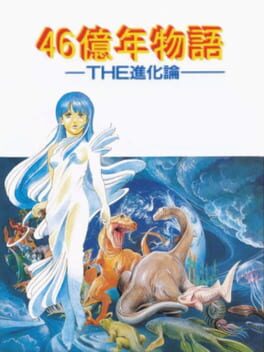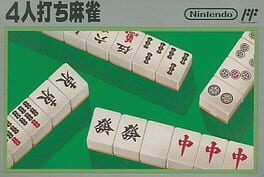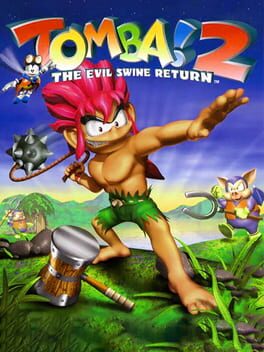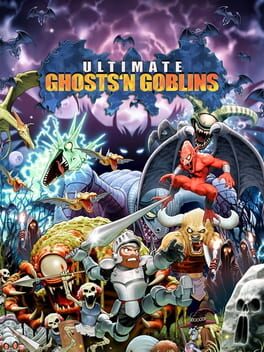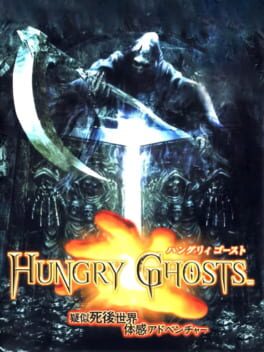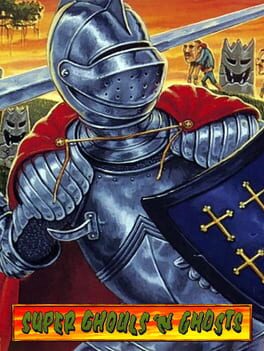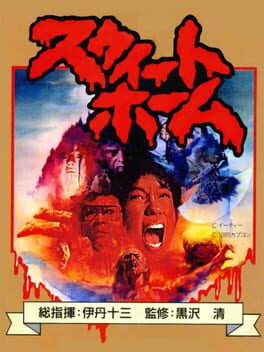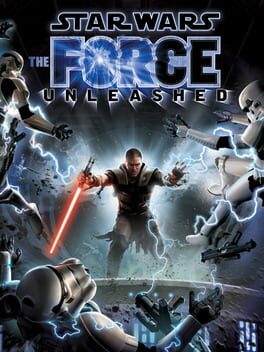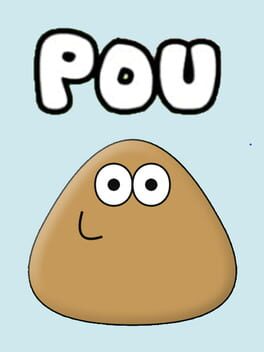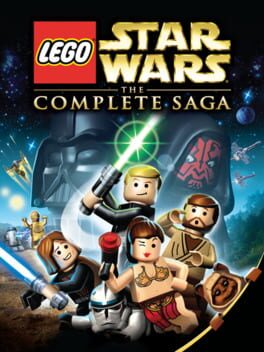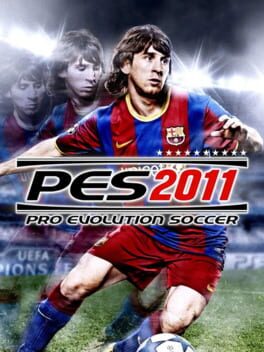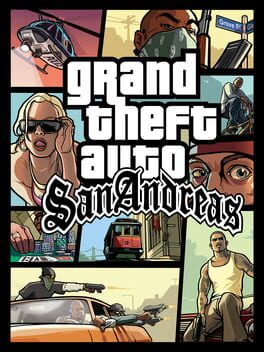Giacomo
82 reviews liked by Giacomo
Pokémon Scarlet
2022
“Yesss! Let’s disable the four locks and get into that lab!
Sounds kinda video-gamey when you say it out loud, huh?”
-Nemona Pokemon.
I don’t fucking care about graphics nor glitches. It’s the type of thing that you see and forget about 5 minutes afterwards. I didn’t care about them in cyberpunk and I don’t care about them here. It’s true that demanding that the company with the biggest gaming franchise in the world do better it’s the right thing to do, but c’mon man, if that’s the only thing you have to say about this and other games then you don’t care much about the medium as you say.
That being said, this game sucks ass.
The last Pokemon game I played to completion was Moon, so I don’t know about Sword and the other games in between, but I’m gonna pretend they don’t exist for this review.
The main problem with this game is also the problem I had with other recent releases from other franchises (SMTV, Elden Ring…) but I think this one here is the worst of them all.
It’s the open world thing. It’s a very sad thing that this is the norm now.
My main gripe with this new approach is that it’s supposed to give you ‘freedom’, but in reality, while being true that you can go anywhere you want (not that much though), the game openly reveals the points of interests you need to know, and in a very open-worldy fashion, becomes rigidly structured. You can do A, B, C or B, C, A, but that’s it, it’ll never allow itself to divert from that. It becomes a checking boxes simulator with stealth and crafting. Just beat 8 leaders, 5 paradoxes and 5 star members, collect shit and get the ending. It’s just the open world way man, you’ll never understand…
All the tera stuff is pointless, in combat, in raids, in minibosses. The paradox bosses, gym tests and team star bases were boring as fuck, the last two are specially jarring because the pre-gym dungeon/team bases were the most fun part of the series for me, and they replaced it with mini-games.
Let’s not forget about the difficulty, since I feel that the series became a bit too easy the past few gens. I would say that it’s all over the place with spikes and all but you can also make your own path here, so maybe it’s my fault in some way. But it’s also true that the game makes no attempt to adjust itself to the path you choose, it doesn’t need automatic level scaling, that would suck, but for example: very early in the game you get to choose between two doors, east and west, but when you do so, instead of leveling up the path you did not take, they leave it as it is, and when you reach there you wipe everything instantly and it kills all the hype of those bosses. And do not tell me that you can beat one gym and take the other door; you probably can, but it’s still a very boring alternative imo (and even nurse joy tells you to keep going the way you were, but that system just works like shit). I’ll say that the boss battles that are around your level are pretty fun, but they were rare in this long game, mostly the late game stuff.
Open world ruins everything. Trainer battles became glorified normal encounters most of the time. The UI is hell, especially the map. The world itself feels like a minecraft server with towny, this is not a jab towards the graphics, it’s a design issue, I just can’t explain further, just look at the world with that thought in your mind and you’ll see. And populating the world are the pokemon, that look like mmo monsters walking around their spawn spots. Compared to the old, invisible random encounters, seeing them in the overworld makes them less special, it strips the encounters from the surprise, and finding the rarer forms stops feeling special; your mind used to fill in the gaps and all that. At first thought they were going to go with a bugsnax-style approach for the mon hunting, but outside of the occasional wigglet, just throw a ball at them and fight, that’s all. And sometimes you will accidentally step on a microscopic pokemon with your giant koraidon, starting a battle. Random encounters, please come back. I need you baby.
The only thing that redeems such an empty feeling world, is the characters themselves. I love their designs and, while still being unidimensional asf, they successfully managed to give a feeling that they like to be around each other. They carry this game’s world. Director Clavell is GOD. I really like the team star storyline, love what they tried to do there.
But yeah I hated this most of the time. I can’t wait for Palworld, that’s gonna rock.
tl;dr si hubieran puesto el juego acá en burzaco en lugar de españa hubiera sido bueno
Sounds kinda video-gamey when you say it out loud, huh?”
-Nemona Pokemon.
I don’t fucking care about graphics nor glitches. It’s the type of thing that you see and forget about 5 minutes afterwards. I didn’t care about them in cyberpunk and I don’t care about them here. It’s true that demanding that the company with the biggest gaming franchise in the world do better it’s the right thing to do, but c’mon man, if that’s the only thing you have to say about this and other games then you don’t care much about the medium as you say.
That being said, this game sucks ass.
The last Pokemon game I played to completion was Moon, so I don’t know about Sword and the other games in between, but I’m gonna pretend they don’t exist for this review.
The main problem with this game is also the problem I had with other recent releases from other franchises (SMTV, Elden Ring…) but I think this one here is the worst of them all.
It’s the open world thing. It’s a very sad thing that this is the norm now.
My main gripe with this new approach is that it’s supposed to give you ‘freedom’, but in reality, while being true that you can go anywhere you want (not that much though), the game openly reveals the points of interests you need to know, and in a very open-worldy fashion, becomes rigidly structured. You can do A, B, C or B, C, A, but that’s it, it’ll never allow itself to divert from that. It becomes a checking boxes simulator with stealth and crafting. Just beat 8 leaders, 5 paradoxes and 5 star members, collect shit and get the ending. It’s just the open world way man, you’ll never understand…
All the tera stuff is pointless, in combat, in raids, in minibosses. The paradox bosses, gym tests and team star bases were boring as fuck, the last two are specially jarring because the pre-gym dungeon/team bases were the most fun part of the series for me, and they replaced it with mini-games.
Let’s not forget about the difficulty, since I feel that the series became a bit too easy the past few gens. I would say that it’s all over the place with spikes and all but you can also make your own path here, so maybe it’s my fault in some way. But it’s also true that the game makes no attempt to adjust itself to the path you choose, it doesn’t need automatic level scaling, that would suck, but for example: very early in the game you get to choose between two doors, east and west, but when you do so, instead of leveling up the path you did not take, they leave it as it is, and when you reach there you wipe everything instantly and it kills all the hype of those bosses. And do not tell me that you can beat one gym and take the other door; you probably can, but it’s still a very boring alternative imo (and even nurse joy tells you to keep going the way you were, but that system just works like shit). I’ll say that the boss battles that are around your level are pretty fun, but they were rare in this long game, mostly the late game stuff.
Open world ruins everything. Trainer battles became glorified normal encounters most of the time. The UI is hell, especially the map. The world itself feels like a minecraft server with towny, this is not a jab towards the graphics, it’s a design issue, I just can’t explain further, just look at the world with that thought in your mind and you’ll see. And populating the world are the pokemon, that look like mmo monsters walking around their spawn spots. Compared to the old, invisible random encounters, seeing them in the overworld makes them less special, it strips the encounters from the surprise, and finding the rarer forms stops feeling special; your mind used to fill in the gaps and all that. At first thought they were going to go with a bugsnax-style approach for the mon hunting, but outside of the occasional wigglet, just throw a ball at them and fight, that’s all. And sometimes you will accidentally step on a microscopic pokemon with your giant koraidon, starting a battle. Random encounters, please come back. I need you baby.
The only thing that redeems such an empty feeling world, is the characters themselves. I love their designs and, while still being unidimensional asf, they successfully managed to give a feeling that they like to be around each other. They carry this game’s world. Director Clavell is GOD. I really like the team star storyline, love what they tried to do there.
But yeah I hated this most of the time. I can’t wait for Palworld, that’s gonna rock.
tl;dr si hubieran puesto el juego acá en burzaco en lugar de españa hubiera sido bueno
Subway Surfers
2012
What a brilliant mess this game is. Breath of the Wild, when it came out, felt like a flawless jewel. You could complain (and I did!) about how weapon durability disincentivized engaging with the combat, or bemoan the relative weakness of the dungeons, but those were all gripes around the edges of the monumental fact that they had near-perfectly delivered on the promise that open world games had been making for decades. It was reacting to the larger world of video games in a way Nintendo largely refused to do, and at the same time it was like nothing we'd seen before.
Tears of the Kingdom is very much like something we've seen before. The core conceit is identical to its predecessor despite the different array of magical abilities, and even the plot is largely unchanged: Zelda is gone, again. The great evil is back, again. Climb the towers, find the shrines, do the dungeons, save the princess.
But to see this as just more Breath of the Wild is also to miss the point. The first game was constrained by its immaculate crystalline structure. It had to be the open-world game. Tears of the Kingdom could never be that because that's already been done, and it uses the extra freedom of the younger sibling to get weird with it.
In a lot of ways, this weirdness isn't for the best. The control scheme is onerous to say the least, particularly when engaging with the construction mechanics. The combat scaling is way off, with enemies either taking ten hits from a top-tier weapon or dying immediately. Once you get a feel for the patterns in the depths, they're largely empty and repetitive.
But damn if it isn't also interesting. The truth I keep coming back to is this: although I think Breath of the Wild is a "better" game in some abstract design sense, I lost interest after about 100 hours. Meanwhile, I've spent twice that playing Tears of the Kingdom and I'd be happy to continue if only there weren't more games to get around to.
This game takes huge swings, and while not all of them hit the ones that do are incredible. You only have to glance online to see the videos of mechs and drones players have built. The depths feel genuinely terrifying. Fusion is fully brilliant, simultaneously solving durability and making room for countless moments of discovery. There are genuinely good boss fights for maybe the first time in any Zelda game.
And I could rhapsodize endlessly about the way the world interconnects with itself. To my mind, the only real justification for the concept of "open world" is the idea that your actions as a player have non-local effects on the world you exist in. Breath of the Wild gestured at this, but Tears of the Kingdom fully embraces it. Conversations continue across the map from one another as NPCs wander from place to place. Refugees you meet in one region return home to another as you rebuild their houses. The world feels alive in a way that games seldom attempt and almost never achieve, and I love it for that.
Tears of the Kingdom is very much like something we've seen before. The core conceit is identical to its predecessor despite the different array of magical abilities, and even the plot is largely unchanged: Zelda is gone, again. The great evil is back, again. Climb the towers, find the shrines, do the dungeons, save the princess.
But to see this as just more Breath of the Wild is also to miss the point. The first game was constrained by its immaculate crystalline structure. It had to be the open-world game. Tears of the Kingdom could never be that because that's already been done, and it uses the extra freedom of the younger sibling to get weird with it.
In a lot of ways, this weirdness isn't for the best. The control scheme is onerous to say the least, particularly when engaging with the construction mechanics. The combat scaling is way off, with enemies either taking ten hits from a top-tier weapon or dying immediately. Once you get a feel for the patterns in the depths, they're largely empty and repetitive.
But damn if it isn't also interesting. The truth I keep coming back to is this: although I think Breath of the Wild is a "better" game in some abstract design sense, I lost interest after about 100 hours. Meanwhile, I've spent twice that playing Tears of the Kingdom and I'd be happy to continue if only there weren't more games to get around to.
This game takes huge swings, and while not all of them hit the ones that do are incredible. You only have to glance online to see the videos of mechs and drones players have built. The depths feel genuinely terrifying. Fusion is fully brilliant, simultaneously solving durability and making room for countless moments of discovery. There are genuinely good boss fights for maybe the first time in any Zelda game.
And I could rhapsodize endlessly about the way the world interconnects with itself. To my mind, the only real justification for the concept of "open world" is the idea that your actions as a player have non-local effects on the world you exist in. Breath of the Wild gestured at this, but Tears of the Kingdom fully embraces it. Conversations continue across the map from one another as NPCs wander from place to place. Refugees you meet in one region return home to another as you rebuild their houses. The world feels alive in a way that games seldom attempt and almost never achieve, and I love it for that.
some of it actually really resonated with me. i like this. wish i learned about it in a way that wasn't "haha funny name". intensely personal in a way that is uncomfortable, but felt... like experiences I recall. raw emotions. actually feel fucked that all the reviews are just joke reviews by people unwilling to broach the subject, or more fairly, just unable to relate. loved this.
Demon's Souls
2020
as like a release week technical showcase of the beefy ps5's ability to handle a million particle and lighting effects in large, detailed environments with miniscule load times I suppose this is satisfactorily impressive
as a faithful (or even interesting?) artistic adaptation of the subversive and quiet power of Demon's Souls this is a morbid act of grotesque disregard and tantamount to high treason, everyone involved shall face my blade
as a faithful (or even interesting?) artistic adaptation of the subversive and quiet power of Demon's Souls this is a morbid act of grotesque disregard and tantamount to high treason, everyone involved shall face my blade
NieR: Automata
2017
This review contains spoilers
The purpose of a critique is to take something apart to reveal a flawed construction or a shaky foundation, so it’s with some reluctance that I take on a modern classic with only an arm full of rocks to break the windows. I may have personally found this game to be a slog, but its straightforward action doesn’t actually have any fundamental problems. It tells a story with a lot of twists and turns, it develops its characters, there really doesn’t seem to be anything wrong with it. So, here’s the brick I intend to throw at it:
What is Nier: Automata about? Not in terms of plot, what are its themes and core ideas?
This question probably sounds insane. How could you not pick up on its absurdist ideas? How could you not notice how existentialism is core to its central conflict? Well obviously, I did, but the ridiculousness of the question is exactly my point. Nier: Automata leaves so little to the imagination, so little for you to wonder about and consider on your own that it ultimately works against its own interests. Naming someone “2B” in an existential game is a pretty cheeky move, and naming a traitor character “A2” starts to get into eye-rolling territory. When the two protagonists who work for an inscrutable authority wear blindfolds, and the one who left the organization has her eyes open, it's just painfully on the nose. Introducing the machine-fighting heroes as androids themselves, and having them state “There’s no actual meaning behind anything machines do” within the first thirty minutes signposts the direction of the plot so clearly that it kills the intrigue. Examples like these are dotted all over the game, like how the moral absoluteness of Yorha has literally made their base viewable only in black and white, and how most secondary characters are named after philosophers who tangentially relate to the game’s themes. These details don’t draw you in and spark your imagination, but simply highlight how this was written by someone who didn’t want the time they spent reading philosophy to be wasted on people who wouldn’t pick up on messages less subtle than a chainsaw.
This sort of approach affects the gameplay just as much, with the most notable example being how the endings are paced. The first “ending” takes about ten hours to reach, but this is more of an intro than anything. The plot goes on to be resolved in the subsequent endings B through E, with the B ending being the second longest with a run time of six hours. During this time, you play as the sidekick 9S instead of 2B, and essentially replay the entire game with minimal changes other than a repetitive hacking minigame. The purpose was to force players into recognizing all the plot/character details they may have missed the first time around, grinding players’ faces into the story to ensure that they did not miss absolutely anything. Replaying games can be great, and picking up on details you missed is fun, but hiding the resolution to the story behind a boring replay is excessively self-indulgent on the behalf of the developers. This is incredibly damaging to its overall replay value, even when there wasn’t much to begin with, considering how the combat is similarly concerned with ensuring even the least attentive players see everything. The action is very simplistic, and the combination of strong upgrade chips and consumable items only incentivizes players to thoughtlessly break through the game rather than mentally engage with it.
That’s really what all these little nitpicky rocks pile up to become. I may have loved its style, its fashion, its sense of humor, and how it actually tried to do something philosophical, but a game that tries to be about philosophy, yet doesn’t let players think on their own, has an unavoidably detrimental irony. It’s a game that misses its own point, not letting people uncover meaning in a game about uncovering meaning. Even so, the character drama still works. The combat is still fun to watch, and for people who haven’t been exposed to this sort of topic, it wouldn’t feel as patronizing. Most people don’t replay games at all, so even the repetition I found to be so gratuitous could have been an eye-opening experience. Nier: Automata still stands tall in spite of my little complaints, but it’s not exactly a house I want to live in. Some asshole broke all the windows.
What is Nier: Automata about? Not in terms of plot, what are its themes and core ideas?
This question probably sounds insane. How could you not pick up on its absurdist ideas? How could you not notice how existentialism is core to its central conflict? Well obviously, I did, but the ridiculousness of the question is exactly my point. Nier: Automata leaves so little to the imagination, so little for you to wonder about and consider on your own that it ultimately works against its own interests. Naming someone “2B” in an existential game is a pretty cheeky move, and naming a traitor character “A2” starts to get into eye-rolling territory. When the two protagonists who work for an inscrutable authority wear blindfolds, and the one who left the organization has her eyes open, it's just painfully on the nose. Introducing the machine-fighting heroes as androids themselves, and having them state “There’s no actual meaning behind anything machines do” within the first thirty minutes signposts the direction of the plot so clearly that it kills the intrigue. Examples like these are dotted all over the game, like how the moral absoluteness of Yorha has literally made their base viewable only in black and white, and how most secondary characters are named after philosophers who tangentially relate to the game’s themes. These details don’t draw you in and spark your imagination, but simply highlight how this was written by someone who didn’t want the time they spent reading philosophy to be wasted on people who wouldn’t pick up on messages less subtle than a chainsaw.
This sort of approach affects the gameplay just as much, with the most notable example being how the endings are paced. The first “ending” takes about ten hours to reach, but this is more of an intro than anything. The plot goes on to be resolved in the subsequent endings B through E, with the B ending being the second longest with a run time of six hours. During this time, you play as the sidekick 9S instead of 2B, and essentially replay the entire game with minimal changes other than a repetitive hacking minigame. The purpose was to force players into recognizing all the plot/character details they may have missed the first time around, grinding players’ faces into the story to ensure that they did not miss absolutely anything. Replaying games can be great, and picking up on details you missed is fun, but hiding the resolution to the story behind a boring replay is excessively self-indulgent on the behalf of the developers. This is incredibly damaging to its overall replay value, even when there wasn’t much to begin with, considering how the combat is similarly concerned with ensuring even the least attentive players see everything. The action is very simplistic, and the combination of strong upgrade chips and consumable items only incentivizes players to thoughtlessly break through the game rather than mentally engage with it.
That’s really what all these little nitpicky rocks pile up to become. I may have loved its style, its fashion, its sense of humor, and how it actually tried to do something philosophical, but a game that tries to be about philosophy, yet doesn’t let players think on their own, has an unavoidably detrimental irony. It’s a game that misses its own point, not letting people uncover meaning in a game about uncovering meaning. Even so, the character drama still works. The combat is still fun to watch, and for people who haven’t been exposed to this sort of topic, it wouldn’t feel as patronizing. Most people don’t replay games at all, so even the repetition I found to be so gratuitous could have been an eye-opening experience. Nier: Automata still stands tall in spite of my little complaints, but it’s not exactly a house I want to live in. Some asshole broke all the windows.
Tunic
2022
Even though its references are obvious at first glance and more obvious once you start playing, Tunic doesn’t feel at all like any of them. And contrary to what you might think, that’s a bad thing. Let me explain.
Yes, it plays like a Zelda, and Zelda 1 has been referenced many, many times by other texts for obvious reasons like the lack of gimmicky dungeons, the hidden secrets, the apparent simplicity of the gameplay… it even tries to replicate the experience of playing with a manual and taking notes in order to progress and have a better understanding of the whole thing. But it fails so miserably. The world is over-designed, abusing connections between locations, teleports, save points… The sense of discovery and adventure vanishes when there’s hardly any sense danger except for bosses and occasional fights and, in case of trouble, you will respawn in the latest save point activated (which by the way you can use even when surrounded by enemies) so there’s virtually no loss of progress.
Tunic also never gets close to the feeling of having to figure the hell out of your path in order to your destination. There’s no hidden doors or passages that are necessary to progress through any of the dungeons or important locations, all the layouts are straight forward and it ends up feeling more like a modern Zelda just without puzzles to solve. Instead, there’s always locked doors with a handle next to it and at most you’ll have to fight a bunch of minions or reach it from a different place because the path is locked. What’s most worrying for me, though, is the fact that even if the dungeons themselves don’t have puzzles or gimmicks in the traditional sense (except for one that I can recall), the world itself is built around those gimmicks in a really gamey, artificial manner, hiding rewards and blocking your progress behind unreachable places if you don’t have the necessary items or power ups like the hook or the dash.
You'll also see people talk about Dark souls but honestly at this point it seems like a joke to me that people think of the game when something has stamina, bosses and bonfire-like save points. FEZ has been said to be closer to what Tunic wants to dobut this is not as mystic, magical, obtuse, imaginative, with its craziest puzzles and challenges being better integrated into the world, less gamey. For instance, both the famous Golden Path and the mechanism to activate the mysterious monoliths and doors spread throughout the world (by following a sequence of d-pad presses that have no other utility, quite underwhelming) are revealed in the manual at some point. Which brings me to the next point: why is it there in the first place? What sense does it make in the context of the game and its world? What’s fun about having pages giving you hints or sometimes really clear explanations about where you are, where to go, how its systems work, which buttons do what, how to perform certain actions or where to find things? Wasn’t the point to explore a mystical world with lots of secrets to find and emulate the old experience of exchanging information with other people, taking notes, having to figure out things… ? And why is it both in our language and the game’s language, emulating a lost manuscript that you have to gather by exploring and overcoming challenges, in a way that doesn’t feel natural at all? The point of having a manual is being able to understand it, the point of having old manuscripts is not being able to understand them, but this in-between with words written in both languages, plus the bland foreshadowing, button mappings and game system explanations, handy little hints every once in a while etc just doesn't make any sense.
But there’s great stuff like The Quarry. Everything about that zone, from its perspective-shifting presentation (very cinematic) showing the giant door you have to reach. The place is full of enemies who attack you from different ranges and heights and show different behaviours when you approach them. They all gather around corruption, some weird purple-ish liquid that’s either just there or emanating from ancient monoliths, and that corruption shrinks your health bar (yes, your health bar, not your hp) making you play safer, experiment with the different items and power ups, manage the distances and so-on. Everything’s cool except for the existence of certain item that grants invulnerability to corruption unless you touch it. It was too good to be true.
Yes, it plays like a Zelda, and Zelda 1 has been referenced many, many times by other texts for obvious reasons like the lack of gimmicky dungeons, the hidden secrets, the apparent simplicity of the gameplay… it even tries to replicate the experience of playing with a manual and taking notes in order to progress and have a better understanding of the whole thing. But it fails so miserably. The world is over-designed, abusing connections between locations, teleports, save points… The sense of discovery and adventure vanishes when there’s hardly any sense danger except for bosses and occasional fights and, in case of trouble, you will respawn in the latest save point activated (which by the way you can use even when surrounded by enemies) so there’s virtually no loss of progress.
Tunic also never gets close to the feeling of having to figure the hell out of your path in order to your destination. There’s no hidden doors or passages that are necessary to progress through any of the dungeons or important locations, all the layouts are straight forward and it ends up feeling more like a modern Zelda just without puzzles to solve. Instead, there’s always locked doors with a handle next to it and at most you’ll have to fight a bunch of minions or reach it from a different place because the path is locked. What’s most worrying for me, though, is the fact that even if the dungeons themselves don’t have puzzles or gimmicks in the traditional sense (except for one that I can recall), the world itself is built around those gimmicks in a really gamey, artificial manner, hiding rewards and blocking your progress behind unreachable places if you don’t have the necessary items or power ups like the hook or the dash.
You'll also see people talk about Dark souls but honestly at this point it seems like a joke to me that people think of the game when something has stamina, bosses and bonfire-like save points. FEZ has been said to be closer to what Tunic wants to dobut this is not as mystic, magical, obtuse, imaginative, with its craziest puzzles and challenges being better integrated into the world, less gamey. For instance, both the famous Golden Path and the mechanism to activate the mysterious monoliths and doors spread throughout the world (by following a sequence of d-pad presses that have no other utility, quite underwhelming) are revealed in the manual at some point. Which brings me to the next point: why is it there in the first place? What sense does it make in the context of the game and its world? What’s fun about having pages giving you hints or sometimes really clear explanations about where you are, where to go, how its systems work, which buttons do what, how to perform certain actions or where to find things? Wasn’t the point to explore a mystical world with lots of secrets to find and emulate the old experience of exchanging information with other people, taking notes, having to figure out things… ? And why is it both in our language and the game’s language, emulating a lost manuscript that you have to gather by exploring and overcoming challenges, in a way that doesn’t feel natural at all? The point of having a manual is being able to understand it, the point of having old manuscripts is not being able to understand them, but this in-between with words written in both languages, plus the bland foreshadowing, button mappings and game system explanations, handy little hints every once in a while etc just doesn't make any sense.
But there’s great stuff like The Quarry. Everything about that zone, from its perspective-shifting presentation (very cinematic) showing the giant door you have to reach. The place is full of enemies who attack you from different ranges and heights and show different behaviours when you approach them. They all gather around corruption, some weird purple-ish liquid that’s either just there or emanating from ancient monoliths, and that corruption shrinks your health bar (yes, your health bar, not your hp) making you play safer, experiment with the different items and power ups, manage the distances and so-on. Everything’s cool except for the existence of certain item that grants invulnerability to corruption unless you touch it. It was too good to be true.
Pokémon Stadium
1999
Pokémon Stadium
1999
the announcer breathes so much life into this game and it's sequel, and such a feature is likely never to return due to budget and workload concerns with all the different localizations and the sheer amount of pokemon, so when playing it again as an adult it's weirdly what i appreciate most about the game
p.s. fuck dratini annoying ass pokemon
p.s. fuck dratini annoying ass pokemon
24 lists liked by Giacomo
by MendelPalace |
321 Games
by abri |
448 Games
by abri |
200 Games
by HumorousUsername |
913 Games
by Ardwyw_mp3 |
11 Games
by michaelmanntina |
7 Games
